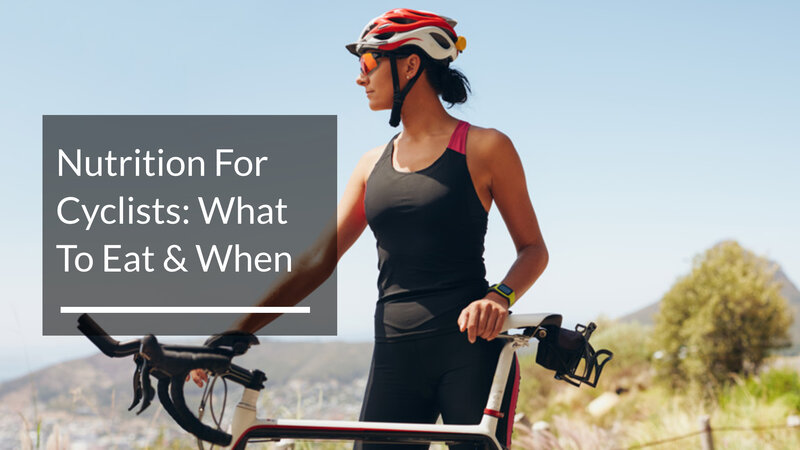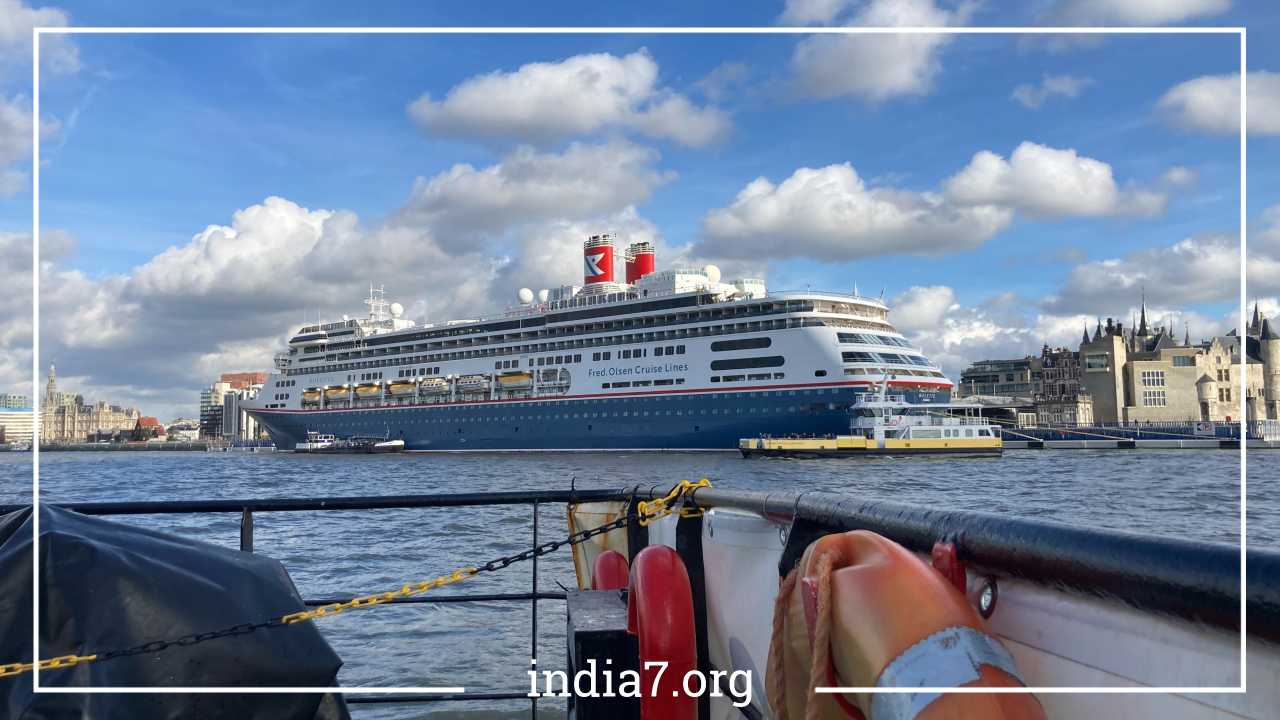Nutrition For Cyclists: What To Eat And When
Nutrition is one of the fundamental pillars of the athlete to improve their performance. In the case of cyclists, the nutritional requirements are also great and specific.
Bbecause these athletes make enormous efforts. Here are the main keys to keep in mind about nutrition for cyclists. Read on to find out what to eat and when to perform better on the bike.
1. Daily feeding
Undoubtedly, the basis of all healthy eating, and especially that of athletes, is found in the day-to-day. With a balanced daily diet, it is possible to cover all the nutritional requirements that a cyclist has. This type of diet should be based mainly on the consumption of vegetables and fruits, which will provide antioxidants and micronutrients especially necessary for the proper functioning of our health.
Nuts, seeds, legumes, whole grains, tubers, quality protein (eggs, lean meats, and fish), and healthy fat such as avocado or salmon cannot be lacking in a cyclist’s diet. who wants to perform well and feel healthy.
In the same way, it is essential to eliminate ultra-processed foods such as pre-cooked, soft drinks, or refined flours from the diet, since they can have a very negative effect on sports performance, but also on the health of the cyclist.
In addition, it will be interesting to accompany healthy and balanced foods with some nutritional supplements such as those that we can see in this catalog specialized in cycling products, since, especially in times of intense training or competitions, athletes may require extra help to keep your health in the best conditions.
2. Food before competitions or training
In the same way, it is also essential to take care of your nutrition before doing any type of cycling competition or training. Experts recommend eating a meal two to three hours before the test. This will be more than enough time to digest and have the necessary energy to train or compete and perform better.
The tests are normally held in the morning, so this meal will normally be breakfast. We must include carbohydrates, a good source of protein, and we cannot forget to drink water. Similarly, experts recommend avoiding fats or foods that are heavy, high in fiber, and difficult to digest before competitions to avoid digestion problems.
An example could be a slice of white bread with honey and a natural juice. In addition, before the competition, we can take a supplement in the form of a pre-competition gel with hydrates and caffeine, which will allow us to arrive at the competition activated and wanting to improve all our brands.
3. Food during routes or competitions
In the same way, especially in the longer competitions, nutrition for cyclists it is essential to take maximum care of our diet. Cycling tests are endurance tests, and therefore it is essential to always have the tanks full to be able to perform at the best.
During this type of event, cyclists will have to ingest between forty or sixty grams (depending on their weight and the intensity of the exercise) of carbohydrates for each hour of competition. Some cyclists can assimilate up to 90 grams if they train for it.
In the same way, it is also essential to include a sodium intake to avoid and prevent all kinds of jerks and cramps during the test or long-term training. To get these necessary nutrients on the bike, experts recommend eating every hour and drinking every half hour combining water and isotonic.
As for the intakes, some interesting options are banana, dates, quince, dried apricots, sports bars, gels, and some specific sandwiches such as those with chocolate cream, honey, or condensed milk. Although these are foods that are better to avoid in our daily lives, at this time they can provide us with the quick sugars we need to face this type of intense effort.
4. Feeding after the test or route
Finally, after the competition or the route, it is also essential to recover well. It is important to take advantage of the metabolic window and consume some foods such as bananas, sandwiches with some protein such as chicken breast, a recovery shake, and lots of water.
Later, more relaxed, we can make the main meal in which we will include vegetables and vegetables, carbohydrates, quality protein and fruits, and vegetables.




